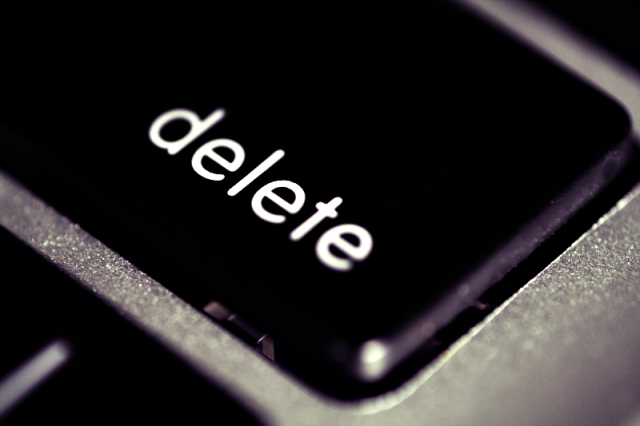
Upon reading Mat Honan’s article, “How Apple and Amazon’s Security Flaws Led to My Epic Hacking” I was both terrified and paranoid.
So often individuals blindly sync their e-mail to every online platform. From Facebook, Twitter, Tumblr, Gmail, and the like individuals are blindly putting their faith into the notion that they are protected. One always thinks that the terrible hacking problems one hears about will, “never happen to me.” In fact, that’s not true at all.
Writer Honan thought the same thing and within in minutes, and hours, all of his personal information and accounts were now under some else’s control.
I am at fault for this too. In many cases I don’t realize how much faith I, and my friends, put into online access accounts. When Gmail partnered up with Youtube several years ago, Gmail automatically synced my gmail account with my “new” Youtube account. The same password, and no control over it at all. Is my generation, those that are now between 17-25 years old who have always grown up with the internet, naive to think that nothing will ever happen to us? That all of our data is, in fact, safe?
I would argue yes.
Photos are no longer physically printed off. We have digital cameras and we upload everything to Facebook, Twitter, or not Insta.gram. What if everything on those accounts was deleted? Those pictures of memories are no longer available? Many individuals I know, who have deleted their Facebook on accident, have grieved over all the pictures that are now lost in the internet. It takes too much time and effort to reclaim your digital identity in pictures. As Honan points out, “We don’t own our account security. And as more information about us lives online in ever more locations, we have to make sure that those we entrust it with have taken the necessary steps to keep us safe. That’s not happening now. And until it does, what happened to me could happen to you.”
However, I think it’s almost impossible to not be at some risk. People don’t normally back up everything. I have a few friends that do, but most don’t; in fact I don’t. Since my age group is not doing this, we’re probably not paranoid enough.
In Honan’s article, he pointed out how hacking can be done by just about everyone. In fact, by simply ordering pizza one is putting themselves at risk, “Your pizza guy could do the same thing, for example. If you have an AppleID, every time you call Pizza Hut, you’ve giving the 16-year-old on the other end of the line all he needs to take over your entire digital life.”
And the price tag for recovering Honan’s data was a pricy $1690. Yikes! Not only is loosing all of your digital life irritating, maddening, and upsetting, but it’s also extremley expensive. However, how much are we willing to pay to regain back our digital lives that we’ve been beholden to for so many years? Had the price been any higher would Honan have paid to get his files back? Obviously the pictures of his daughter were important to him, but how much would he actually pay? Honan seems to elude that he would have paid any price to regain those precious photos.
As a result, Honan now entrusted himself to the “cloud.” He isn’t the only person to do so.
This summer, National Public Radio’s Music editor Bob Boilen deleted his entire music library, comprising of over 25,000 songs and entrusted his music to “the cloud.” He now has more space on his hard drive and can now remotely access his music library easily. He’s backed everything up, but is still hesitant to entrusting his music library to the unknown “cloud.”
Much like the discussions we’ve been having in class, Boilen notes that the way we’ve not only saved music but also how one listens to music has changed, but he’s trusting the cloud:
I’ll miss the physical, the tangible, but that’s been feeling like a thing of the past anyway … I still miss liner notes, still wish digital would have more information to read while I’m listening and not sure why we haven’t all kicked up a bigger fuss about that. Streaming my collection or curating a playlist or a few dozen playlists and having knowing they’ll be there when you go to listen is an issue of trust. Right now, I feel like trusting.
After much thought, I’m still not sure if I’m willing to trust the elusive “cloud.” I’ve always backed up all of my files on an external hardrive or even a CD. The question I’m posing is, whether I’m not paranoid enough to worry that everything I own on the internet will be taken over. Is my generation too blindly trusting the internet to always be reliable?
I wonder.
